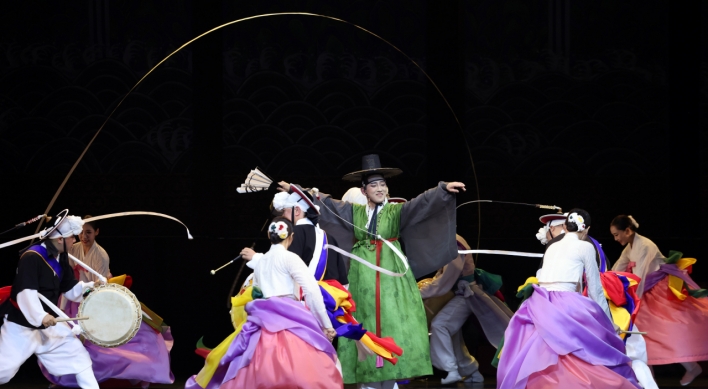It is perhaps fitting that the man largely responsible for reviving the fortunes of the U.S.’ most iconic newspaper should pass away at a time of such uncertainty over the future of the medium itself.
Arthur Ochs Sulzberger, the former publisher and chairman of the New York Times who died on Saturday aged 86, appreciated that the financial realities of business applied even in the idealistic world of journalism.
Upon taking the helm of the title in 1963, Sulzberger, whose grandfather had purchased the paper more than a half-century previously, set about addressing the paper’s then-shaky financial situation.
Arthur Ochs Sulzberger, the former publisher and chairman of the New York Times who died on Saturday aged 86, appreciated that the financial realities of business applied even in the idealistic world of journalism.
Upon taking the helm of the title in 1963, Sulzberger, whose grandfather had purchased the paper more than a half-century previously, set about addressing the paper’s then-shaky financial situation.

Again faced with straitened times in the 1970s, Sulzberger, known by his nickname “Punch,” went against internal resistance to introduce the living, home, sports, weekend and science sections, expanding readership and improving the paper’s bottom line at the same time. Sulzberger rightly believed that only a profitable newspaper could excel at news gathering and analysis. Despite his reputation for not interfering in editorial decisions, however, the former marine captain was far from simply a business-minded manager uninterested in journalism.
His decision in 1971 to publish the “Pentagon Papers” at the risk of legal sanction will be perhaps his most persisting legacy. The leaked government documents revealed that successive administrations had lied to the public and Congress about government policy on the Vietnam War.
The Nixon administration at the time tried to prevent publication, claiming a risk to national security, but Sulzberger stood firm. The U.S. Supreme Court later ruled in favor of the publication on First Amendment grounds in New York Times Co. v. United States.
Sulzberger’s contribution to a free press was acknowledged in President Barack Obama’s description of him as someone unafraid “to seek the truth, hold those in power accountable, and tell the stories that need to be told.” Obama, unsurprisingly, neglected to mention that his own administration has prosecuted more government whistleblowers than all former U.S. presidents combined.
But the president’s cynical and hollow praise was valuable in one respect ― as a reminder of the importance of press freedom and those in Sulzberger’s mold who defend it.
No matter their political stripe, most, if not all, of those at the highest reaches of political power wish to hide some of their conduct from the very public they represent.
By John Power (john.power@heraldcorp.com)
-
Articles by Korea Herald











![[Herald Interview] Director of 'Goodbye Earth' aimed to ask how we would face apocalypse](http://res.heraldm.com/phpwas/restmb_idxmake.php?idx=644&simg=/content/image/2024/05/03/20240503050732_0.jpg&u=)







